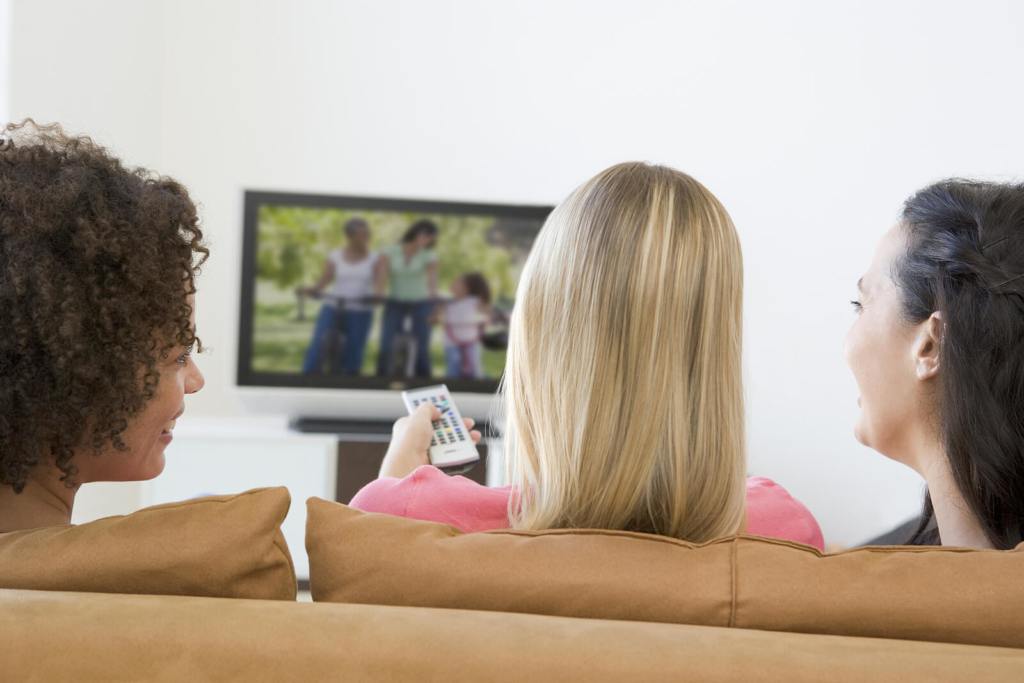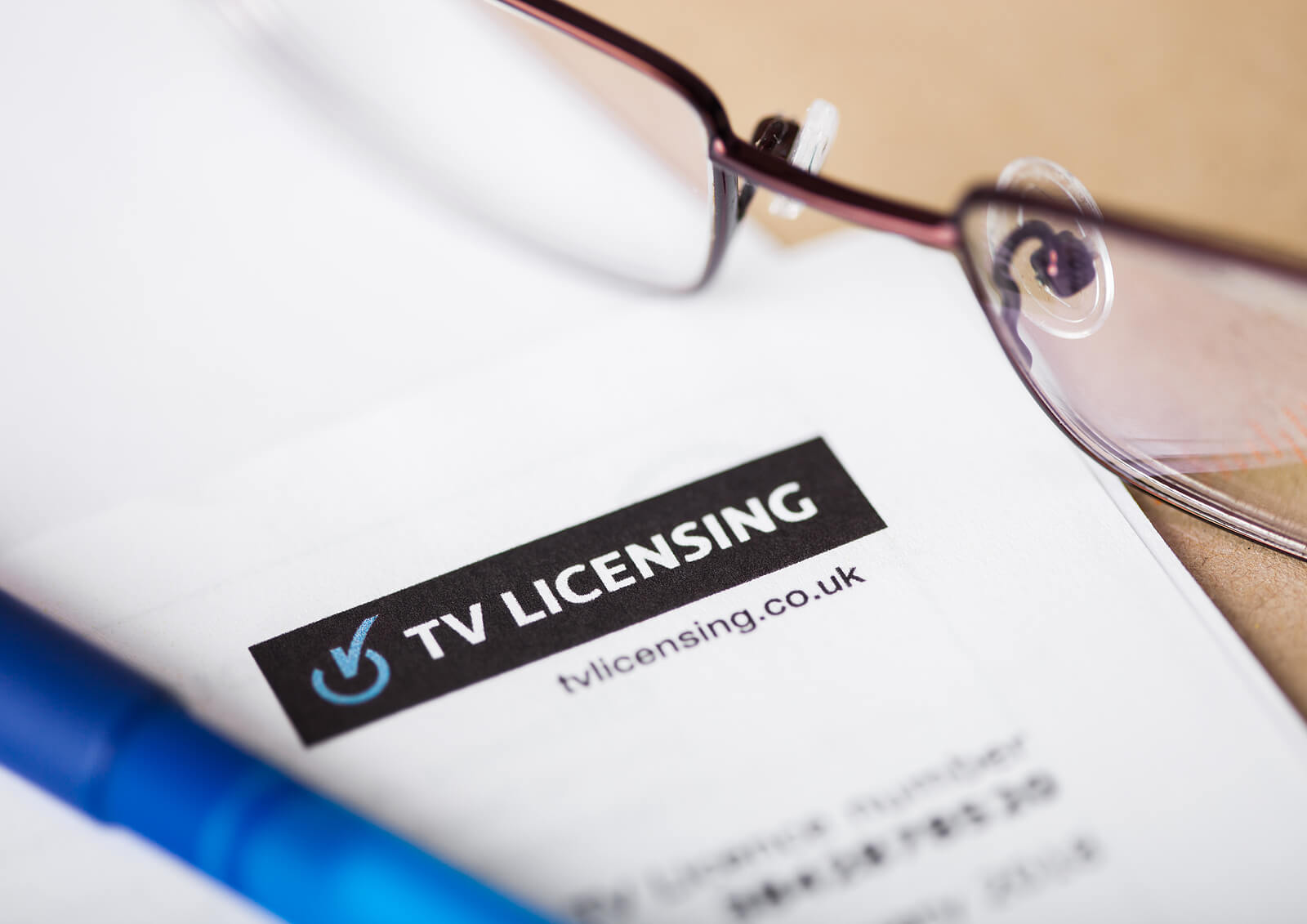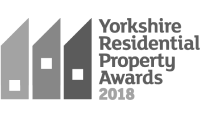Years ago, it was very straightforward; if you owned and watched a television, then you needed a TV licence.
In a time before Netflix and Disney Plus, everyone knew where they stood regarding TV licensing as there were only five channels to watch (or a few more if you were lucky enough to have a Sky box or similar).
However, with some of us no longer watching terrestrial channels at all, confusion has occurred, as it is often believed that the TV licence is for BBC channels only.
So, if you don’t watch BBC channels, does that mean you don’t need to pay for a TV licence?
On top of this, you might be wondering ‘do I need a TV licence in a shared house?’
We’ve put this article together to cut through the confusion and deliver the facts.
What is a TV licence?
A TV licence is an annual payment required for the viewing of public broadcasts on any channel or device.
Do I need a TV licence if I live in a shared house?

In short, yes, you do need a TV licence in a shared house if you watch or record television on any channel.
You might be thinking ‘but I don’t watch or record live TV’. You’re not alone.
Unfortunately for you, you are also required to purchase a TV licence if you watch or stream TV programmes online, such as through Netflix, Now TV, Amazon Prime Video, YouTube, Sky Go, ITV Hub, All 4, and BBC iPlayer.
The device you use to access the material makes no difference — the law applies whether you are watching on a TV, laptop, desktop computer, tablet, mobile phone, games console, DVD recorder, or a digital box.
In summary, if you watch any public broadcast in your house share property — live or not — then you require a TV licence.
The rules around TV licences in a shared house
Now, let’s take a look at if you need a personal TV licence or just one for the house.
This depends on your tenancy agreement. A TV licence is always the responsibility of the tenant(s) unless your tenancy agreement states otherwise, so don’t assume this is something your landlord or letting agent has sorted out for you.
At Pickard Properties, our professional tenants are always responsible for their own TV licenses.
House share with joint tenancy
If you live in a house share with a joint tenancy agreement, one TV licence will cover everyone in the property — however many tenants there are, and wherever you are viewing the broadcasts.
House share with multiple tenancies
If everyone in your house share has an individual tenancy agreement, then one TV licence will cover the communal areas but, if you watch TV in your own rooms (as defined above), then you will require a TV licence each.
Pay for your TV licence

If you’ve realised you need to buy a TV licence because you live in a house share, or it’s time to renew your current one, you can buy a TV licence here.
If you live in one of our professional house shares or intend to soon, you’ll be delighted to know that they are bills inclusive — meaning you have much less to organise and worry about when you move into a Pickard Properties house share.
While your TV licence isn’t included in your rental package, it can be purchased in seconds, so get it done when you move in, and then you can sit back and relax knowing you are covered for the year.
Get in touch today if you have any questions regarding your tenancy and TV licensing and we’ll be happy to help.



